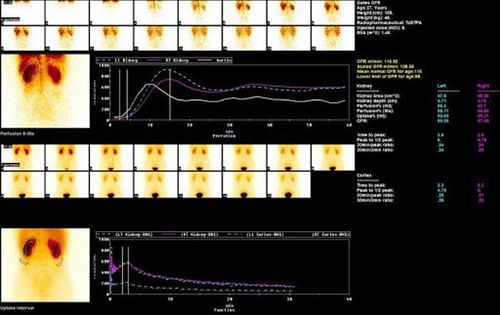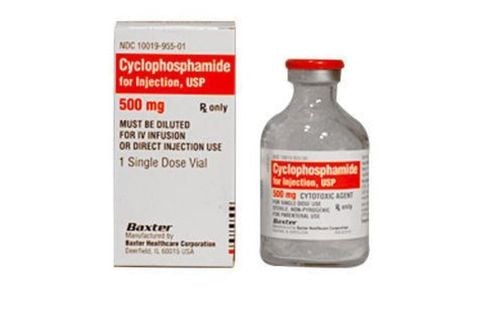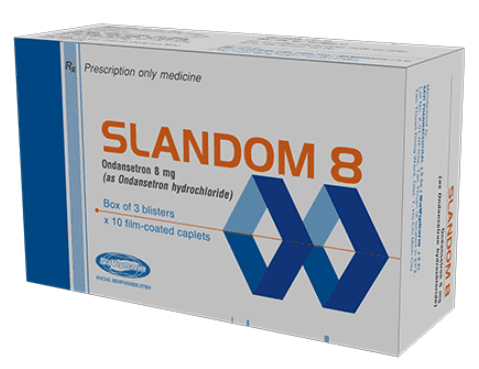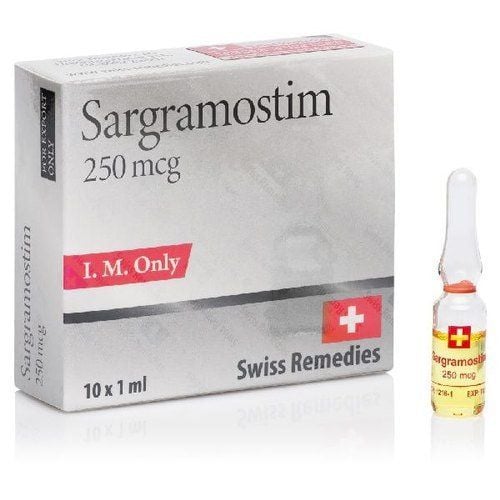This is an automatically translated article.
The article was professionally consulted by Specialist Doctor II Bui Le Phuoc Thu Thao - Radiotherapy Doctor - Oncology Center - Vinmec Central Park International General Hospital.Radiation therapy is a method of using high-energy particles or waves (X-rays, gamma rays, ..) to shine on a cancerous tumor to destroy it. In addition to the main effect of cancer treatment, radiation therapy has many side effects.
1. What is radiation therapy for cancer?
Radiation therapy is one of the cancer treatment weapons, which can be used alone or in combination with other methods such as surgery, chemotherapy or drugs. Radiotherapy with ionizing radiation beams (gamma rays, photon rays, beta rays, proton rays...) is directed at malignant tumors to destroy cancer cells. The effect of the ionizing radiation beam will destroy the genetic material in the cancer cells, leading to the death of these cells or the inability to divide, thereby stopping the growth of the tumor.The radiotherapy team includes radiation therapists, physical engineers, nurses and radiotherapy technicians. All need intensive training in radiation therapy to ensure proper radiation dose, volume, technique, and radiation dose to each patient's healthy organs, thereby giving accurate indications. , optimal radiotherapy planning and safe radiotherapy. Basically, the dose of radiation should be based on each specific patient, the patient's condition, the type of cancer and the location of the lesion, the stage of the disease, etc. It is necessary to give the appropriate dose of radiation to the affected area. tumor as accurately as possible, while ensuring the safety of the surrounding healthy tissue.
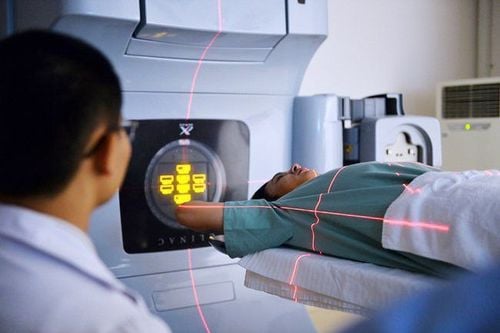
2. Early and late complications of radiation therapy
Early or acute complications: Usually seen on body cells with rapid growth such as mucosal cells, skin, bone marrow. Occurs during or immediately after radiation therapy and gradually increases if radiation is continued, reaching the highest level at week 5 to week 7. Usually recovers when radiation therapy is finished and leaves no sequelae. This side effect may persist or worsen if chemotherapy is included. Late or chronic complications: Cell death manifests as tissue or visceral atrophy or fibrosis. Usually this progresses slowly over many months or years but does not reverse, affect or lose function of the organs.3. Side effects of radiation therapy for cancer
3.1. Hair loss

3.2. Tired
Many patients feel fatigued a few weeks after starting radiation therapy. The reason radiation therapy not only kills cancer cells but also affects healthy cells. Fatigue will persist and may worsen if the patient continues radiation therapy. In addition, the mental stress in patients who are suffering from a serious chronic disease such as cancer along with the process of moving to the hospital for treatment every day is also a significant cause of fatigue. tired.Patients need rest, good nutritional support, in addition can do some gentle exercise. Patients also need psychological support, to be comfortable, to maintain good relationships with relatives and friends, and if possible to maintain previous social activities. This fatigue can then be greatly improved.
3.3. For the skin
Skin manifestations that appear during radiation therapy include dryness, itching, rash, redness, darkening, blistering, cracking... usually appear when the patient starts treatment about 3 to 4 weeks. This is a normal response to radiation therapy, due to the effects of radiation on skin cells. May improve by moistening the skin with aloe vera, lanolin or vitamin E oil.Dermatitis worsens with continued radiotherapy and improves approximately 4 to 8 weeks after radiation cessation. Patients undergoing radiation therapy should avoid using perfumes, deodorants, and topical medications that contain alcohol or perfume. Also avoid powders unless approved by your doctor. The patient should wear loose-fitting clothes to limit friction on the irradiated skin. Avoid exposure to extreme heat or cold. If you need to go outside, wear a hat and protective clothing and use sunscreen.
3.4. For the mouth and throat
Stomatitis, dry mouth, and loss of taste can be caused by radiation damage to the cells lining the oropharynx, the salivary glands, and the taste papillae inside the mouth. Usually mucositis and loss of taste improve 4 to 8 weeks after stopping radiation. Dry mouth may improve more slowly and in some cases patients may experience long-term hyposalivation due to irreversible damage to the salivary glands from radiation therapy.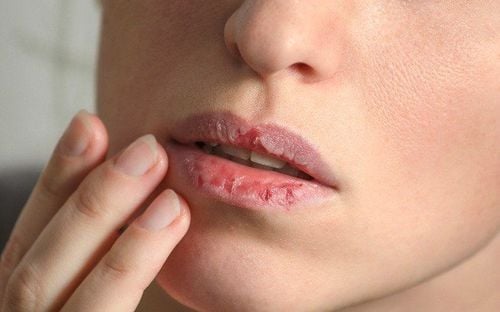
In addition, radiation therapy to the head and neck area can affect the teeth. Oral care to prevent dental complications will become an important part of the patient's treatment plan.
3.4 For the brain
Radiation therapy over a large area of the brain can sometimes cause changes in brain function that can lead to memory loss, decreased cognitive ability, decreased sex drive, or poor adaptation to cold climates. Patients may also experience symptoms such as nausea, confusion, and changes in vision. Usually these symptoms are minor compared to those caused by brain tumors, but they can be troublesome and affect the quality of daily living.3.5 For the lungs
When radiation therapy is given to the chest, the lungs may be affected. An early change that can be seen is a decrease in the amount of surfactant, which is a substance in the lungs that helps open the airways. Reduced surfactant prevents the lungs from expanding as much as possible, causing shortness of breath or coughing. Depending on the site of radiation therapy, some patients may also find it difficult to swallow. In addition, pulmonary fibrosis is also a side effect if a large area of the lung is exposed to radiation.3.6 For the gastrointestinal tract
Radiation therapy to the chest and abdomen can cause swelling and inflammation of the esophagus, stomach, and intestines, causing symptoms such as abdominal pain, nausea, vomiting, or diarrhea.Vomiting and nausea are treatable with medication. If severe, the patient may need intravenous fluids to avoid or treat dehydration. Diarrhea can be treated with medication and avoid spicy, fried, or high-fiber foods.
3.7 For the genitals
Fertility Radiation therapy to the testicles can cause a permanent loss of sperm production in men. Except for the treatment of testicular cancer, in other cases the testicles will usually be protected from radiation by the use of a shield.For women, it is more difficult to protect the ovaries during abdominal radiotherapy. If both ovaries are exposed to radiation, the patient will permanently lose fertility along with early menopause. Exposure of one ovary to radiation can prevent this side effect.
Decreased sexual function in women during radiation therapy Pelvic radiotherapy can make the vagina sensitive and inflamed for several weeks after treatment. When this condition heals, it can leave scars that interfere with the ability of the vagina to stretch. Vaginal lining will also be thinner which can cause light bleeding after sex. Some patients also have painful ulcers in the vagina. It may take several months after treatment for the area to heal.
Decreased sexual function in men with radiation Radiation therapy to the pelvis can damage the arteries and nerves that supply the penis and cause erection problems. The higher the dose of radiation and the wider the pelvic area, the more likely a patient is to have erectile problems.
3.8 Secondary cancer
Some cases of leukemia have been linked to previous radiation exposure. Most cases develop within a few years of exposure to radiation, with the risk peaking 5 to 9 years after exposure and then decreasing. Other types of cancer after exposure to radiation take longer to appear, for example breast cancer or lung cancer.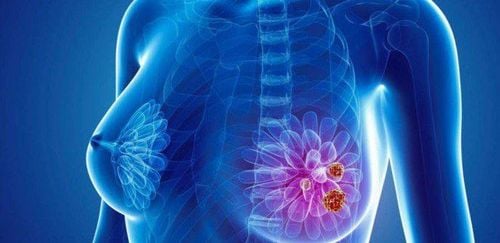
4. How long does radiation therapy for cancer live?
Radiation therapy is one of the weapons in cancer treatment, so when treating cancer, it often has to be combined with other therapeutic weapons such as surgery, chemotherapy, palliative care, nutrition, and physical therapy. , ... to achieve the highest treatment effect. Treatment results, curability, and survival time depend on many factors:Stage of disease detection and treatment The nature and size of the tumor Patient's condition and comorbidities Diet and the patient's spirit The encouragement and care from relatives So the life time from a few months to a few years or more depends on the efforts, a combination of the patient, the doctor, the method both the patient and the caregiver.
5. Why should radiation therapy for cancer at Vinmec?
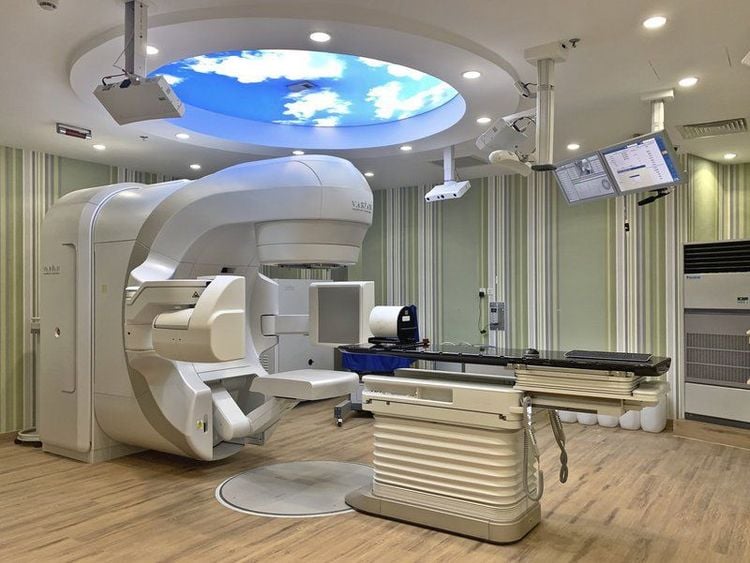
In particular, at the Center, modern radiation therapy methods are applied to both improve the effectiveness of cancer treatment and help reduce unwanted side effects, helping patients overcome the mildest cancer. maybe.
A 5-star international standard room with a civilized and polite hospital space not only serves effective treatment but also brings comfort and comfort to the patient, reducing the pressure during treatment.
Specialist II Bui Le Phuoc Thu Thao has nearly 15 years of experience in direct treatment of cancer patients, especially radiation oncology and care for terminal cancer patients, palliative care mild and pain-relieving. Dr. Thao has participated in many advanced training courses at home and abroad such as advanced radiation therapy in Singapore and Korea, the National Palliative Care Instructor training course of Harvard University. Currently, Dr. Thao is working at the Center for Cancer - Radiation Therapy, Vinmec Central Park International General Hospital.
Please dial HOTLINE for more information or register for an appointment HERE. Download MyVinmec app to make appointments faster and to manage your bookings easily.





